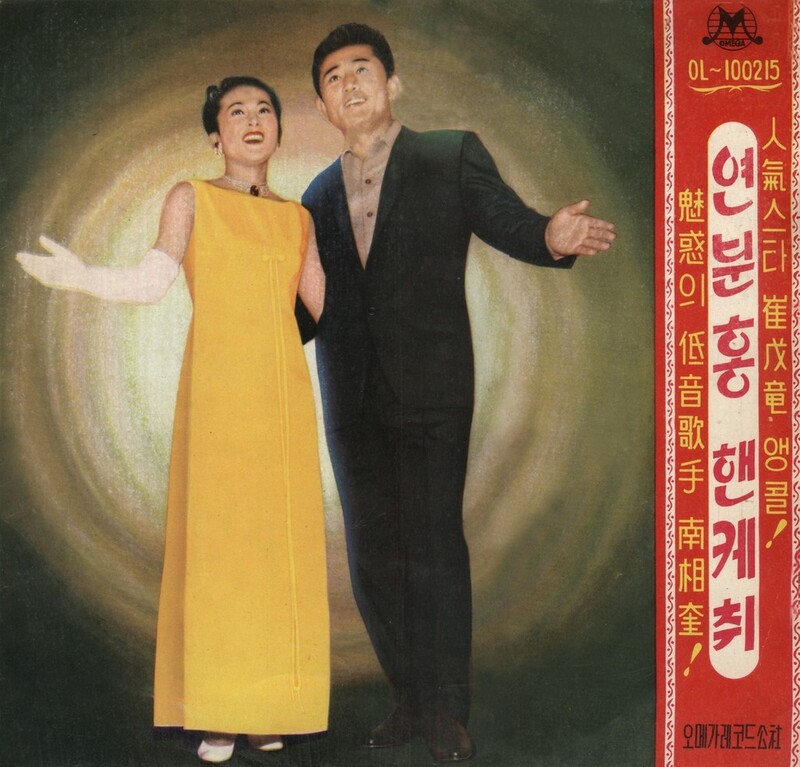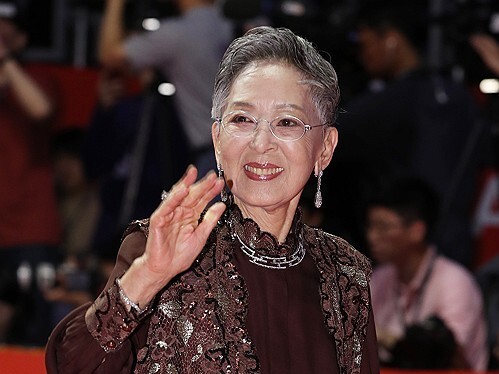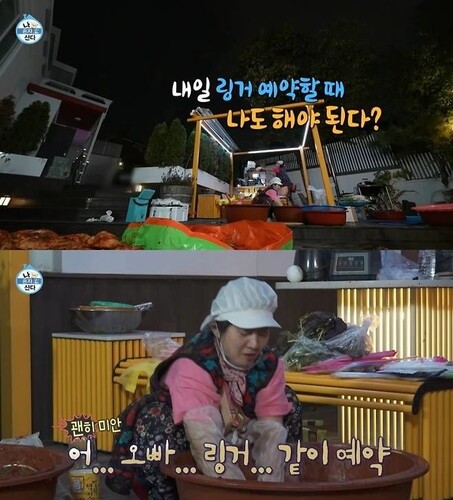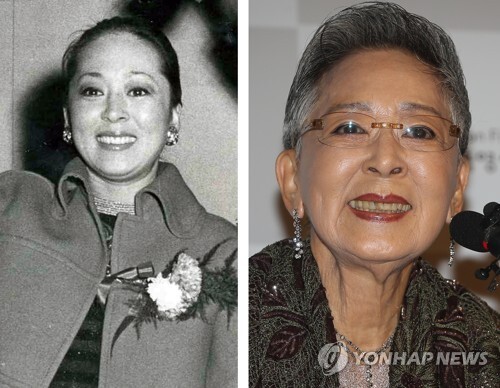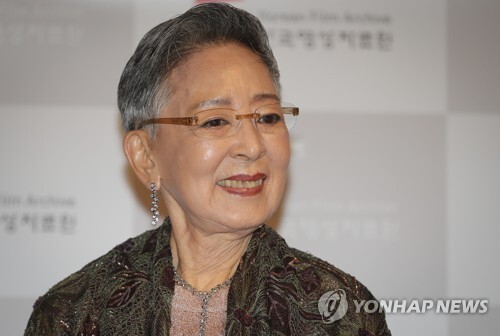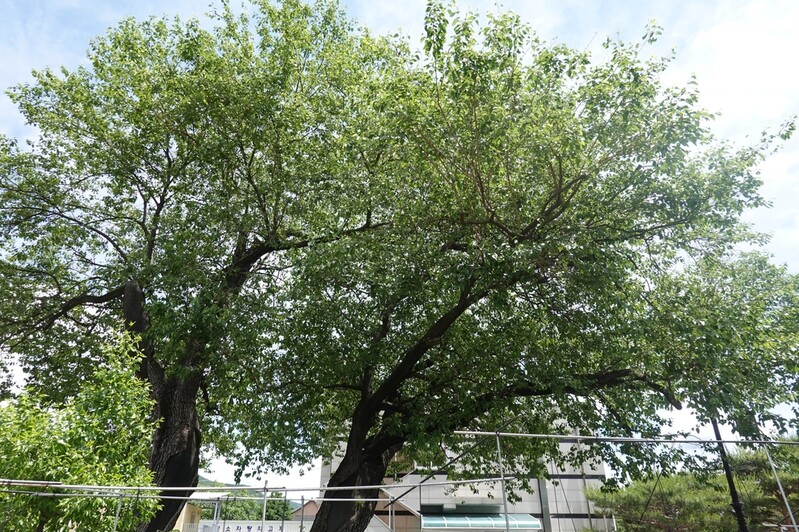 |
| ▲ This photo, provided by the Cultural Heritage Administration, shows "Jeongseon Bongyangri Mulberry Trees" (translated). (PHOTO NOT FOR SALE) (Yonhap) |
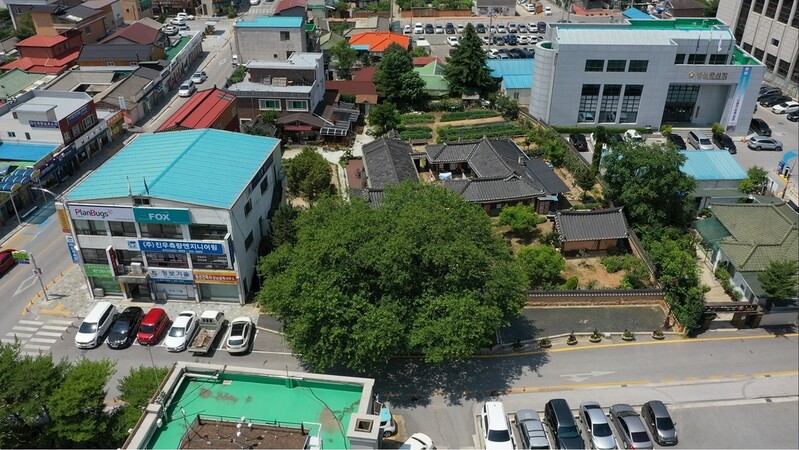 |
| ▲ This photo, provided by the Cultural Heritage Administration, shows Jeongseon's "House of Sangyujae" (tranlsated) and its mulberry tress. (PHOTO NOT FOR SALE) (Yonhap) |
SEOUL, Oct. 25 (Yonhap) -- Two old Mulberry trees near Jeongseon-gun Office will be designated as national monuments.
“Bongyangri Mulberry Trees” (translated), Gangwon Province’s local monument, will change their name into “Jeongseon Bongyangri Mulberry Trees” and will be designated as national monuments, the Cultural Heritage Administration announced Monday.
The trees stand in front of a historic construction, “House of Sangyujae” (translated), which is also a Gangwon Province’s tangible cultural asset. 500 years ago, a man whose family name is Go of Jeju came here to build the house after retiring from public service and planted the trees.
The tree in the Northern side is 14.6 meters high, 3.5 meters of circumference on its chest and 15~18 meters wide. The one in the Southern side is slightly smaller – 13.2 meters high, 3.3 meters of circumference on its chest and 15.8~18 meters wide. Both trees are in good condition and in quite beautiful shape.
Records about the mulberry trees in Jeongseon can be found from documents of the Joseon Dynasty.
Mulberry trees blossom in June. Their roots were told to have been used to treat fever, coughs and abscess.
During the 30 days of pre-announcing this designation, the Cultural Heritage Administration will accept various opinions before finalizing whether to designate “Jeongseon Bongyangri Mulberry Trees” (translated) as national monuments.
(END)
(C) Yonhap News Agency. All Rights Reserved









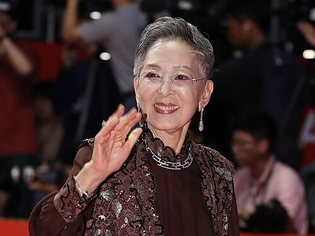
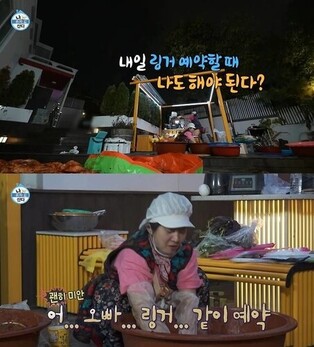
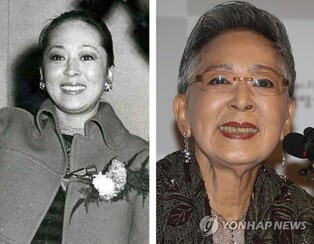

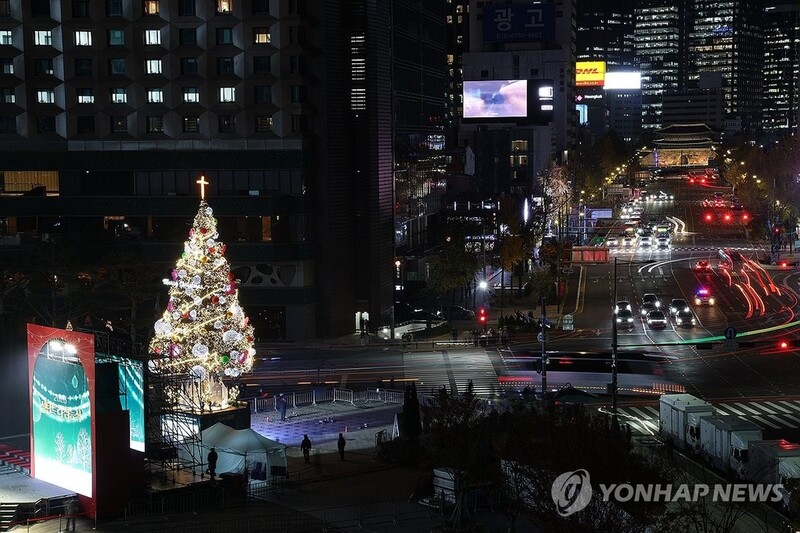

![[가요소식] 10대 싱어송라이터 민서, 데뷔 싱글 '미로'](https://korean-vibe.com/news/data/20251211/yna1065624915952705_742.jpg)
